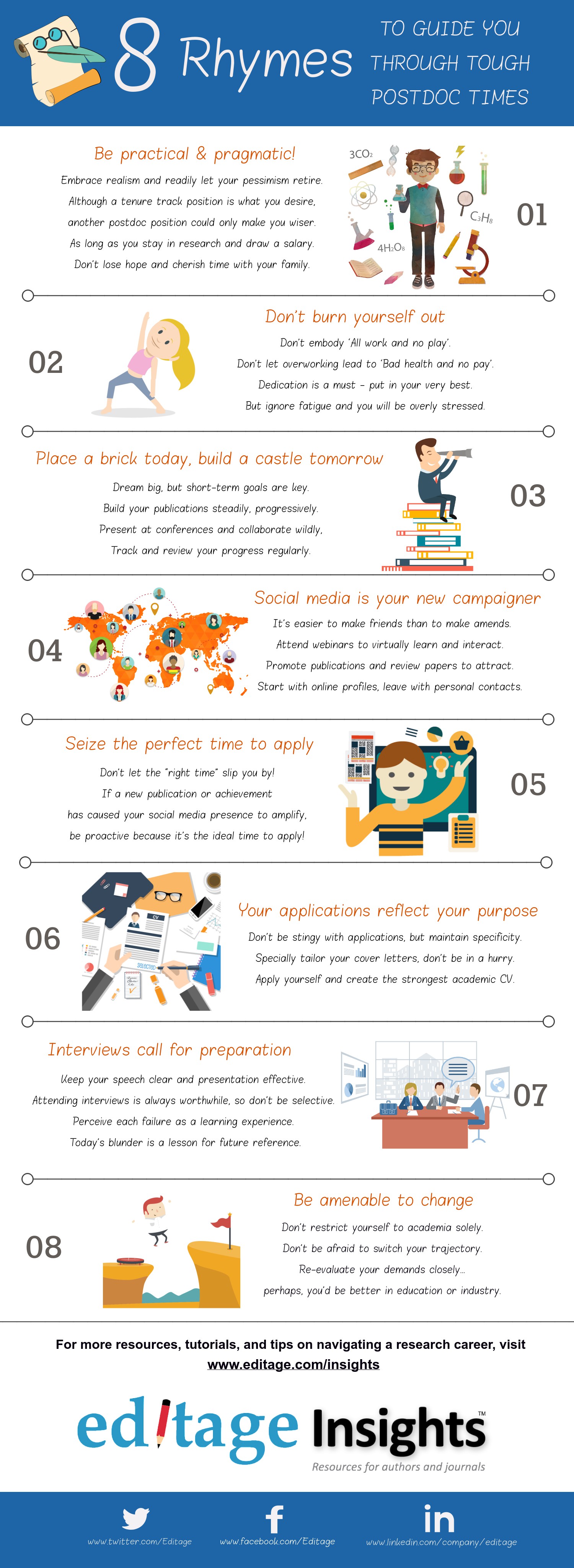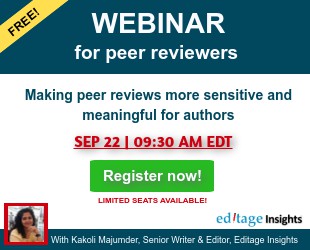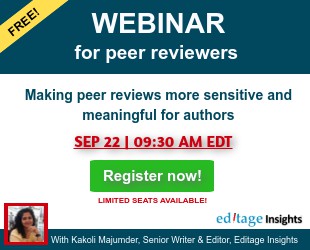I want to write that there are two articles that use the same stimulus and they find the same result. Which tense should I use?
Are you referring to a section (Introduction or Discussion) in your paper where you are talking about previously published work on the same/a similar topic? Or are you referrring to an antire paper that is a literature review?
Typically, for the former, using the simple past tense is common, e.g., "Jones (2013) found that...", But it is possible to use more than one tense in a literature review. Here are a few tips to consider when presenting a review of previously published work:
- Past tense: If your focus is on the study itself or the people who studied it, then it is better to use the past tense. In this case, the study would be the subject of yout sentence, "e.g., Jones (2013) reported that..." The past tense is most commonly used and is also known as "the reporting tense".
- Present tense: If you are sharing your own views about a previous study, it might be better to use the present tense, e.g., "Jones (2013) argues"
- Present perfect tense: Sometimes, the present perfect tense is used if the research you are referring to is fairly recent, e.g., "Recent studies have demonstrated that...(Jones, 2015; Pinto 2014)". It is also used to make generalizations about past research in an area, e.g., "Several researchers have studied these stimuli..."
These are tips to help you choose the right tense when referring to other studies, and not rules. Which tense you use would depend on what you want to convey and focus on and what is grammatically correct in context. It may also depend on the field. You may find it interesting to note that the use of tense in literature reviews is fairly debated in academic writing circles. These are some links to external reading on the same topic:
- Literature review verb tense
- The use of tense in literature review
- What grammmarical tense to use when doing reference in a paper?
Also, here is some additional reading to help you learn more about tense usage:

















